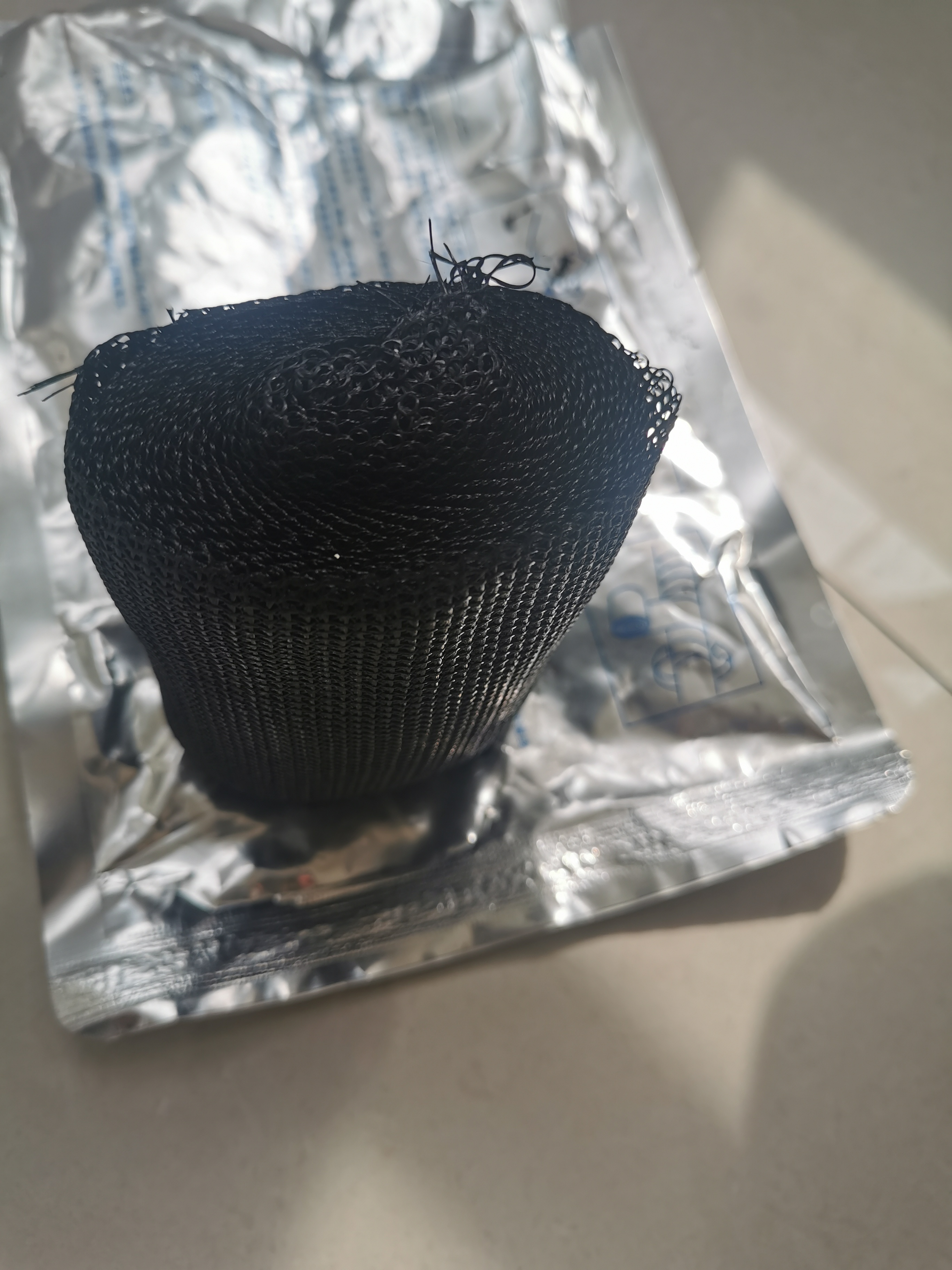Butyl Rubber Tape in China A Comprehensive Overview
Butyl rubber tape has gained significant popularity in recent years, particularly in the construction, automotive, and electronics industries. Originating from butyl rubber, a synthetic rubber known for its excellent impermeability and adhesion properties, this versatile product finds extensive application across various sectors. This article aims to explore the landscape of butyl rubber tape production and usage in China, a country that has positioned itself as a leader in the manufacturing of this essential material.
The Characteristics of Butyl Rubber Tape
Butyl rubber tape is characterized by its exceptional adhesion to various surfaces, making it an ideal choice for sealing and insulation applications. Its resistance to moisture, air, and even certain chemicals enhances its utility across diverse sectors. Additionally, butyl rubber is UV-resistant and maintains its flexibility over a wide temperature range, providing long-term performance in challenging environments.
The tape is often utilized for sealing joints, seams, and gaps in roofing membranes, automotive applications, and electrical insulation. Manufacturers typically offer it in various thicknesses and widths, catering to the specific requirements of different projects.
The Growing Market in China
China has emerged as a significant player in the global butyl rubber tape market, driven by its robust manufacturing capabilities and increasing domestic demand. The country’s construction sector, one of the largest globally, has become a prime consumer of butyl rubber tape. The rapid urbanization and ongoing infrastructure projects necessitate durable materials like butyl rubber for weatherproofing and energy efficiency.
In recent years, the rise in environmental awareness has further propelled the demand for high-quality butyl rubber products. As companies pivot towards sustainable practices, the need for efficient sealing and insulation products that can reduce energy consumption has gained traction. Butyl rubber tape, with its superior performance, is well-positioned to meet this demand.
Key Manufacturers and Innovations
China’s landscape of butyl rubber tape manufacturers is diverse, ranging from small enterprises to large corporations. Major players in the industry often invest heavily in research and development to innovate their product offerings. This emphasis on technology has led to the creation of advanced butyl rubber tapes that feature enhanced adhesion properties, greater flexibility, and improved durability.
butyl rubber tape in china

Furthermore, many manufacturers are now focusing on producing eco-friendly variants of butyl rubber tape, which do not compromise on performance but reduce environmental impact. As regulations around chemical usage tighten and green construction practices become the norm, these innovations play a crucial role in the industry’s evolution.
Applications of Butyl Rubber Tape
The applications of butyl rubber tape in China span several industries. In the construction sector, it is commonly used for roofing and waterproofing applications. Builders and contractors rely on its sealing capabilities to protect structures from water ingress, thereby prolonging the lifespan of buildings.
In the automotive industry, butyl rubber tape is employed for sound dampening and vibration reduction, enhancing vehicle performance and comfort. Additionally, its properties make it suitable for electrical insulation, safeguarding critical components in various electronic devices.
The aerospace and marine sectors also utilize butyl rubber tape for its reliable sealing properties, especially in environments exposed to harsh conditions. Its versatility ensures that it meets the specific requirements of highly regulated industries.
Future Prospects
Looking forward, the market for butyl rubber tape in China is poised for steady growth. The increasing focus on infrastructure development, coupled with advancements in manufacturing technology, is expected to drive innovation and production efficiencies. The integration of digital tools and automation in manufacturing processes will further enhance product quality and reduce costs.
Moreover, as global supply chains evolve and sustainability becomes a priority, Chinese manufacturers are likely to capitalize on their advantages in production scale and resource availability to meet international demand effectively.
Conclusion
In conclusion, butyl rubber tape has established itself as an indispensable material across multiple sectors within China. Its unique properties, combined with an expanding market and ongoing innovations, suggest a promising future for manufacturers and consumers alike. As the industry continues to evolve, the focus on environmental sustainability and technological advancements will likely shape the next chapter in the story of butyl rubber tape production in China.
-
XIANGFAN Rubber Tape-Ultimate Solutions for All Your Insulation NeedsNewsJun.24,2025
-
XIANGFAN Rubber Tape-Protection for Industrial and Residential ApplicationsNewsJun.24,2025
-
XIANGFAN Rubber Tape: Superior Safety and Sealing for Demanding EnvironmentsNewsJun.24,2025
-
XIANGFAN Rubber Tape: Reliable Solutions for Every Electrical ChallengeNewsJun.24,2025
-
XIANGFAN Electrical & Industrial Tape: Powering Reliability Across IndustriesNewsJun.24,2025
-
XIANGFAN Electrical & Industrial Tape: Excellence in Every ApplicationNewsJun.24,2025
